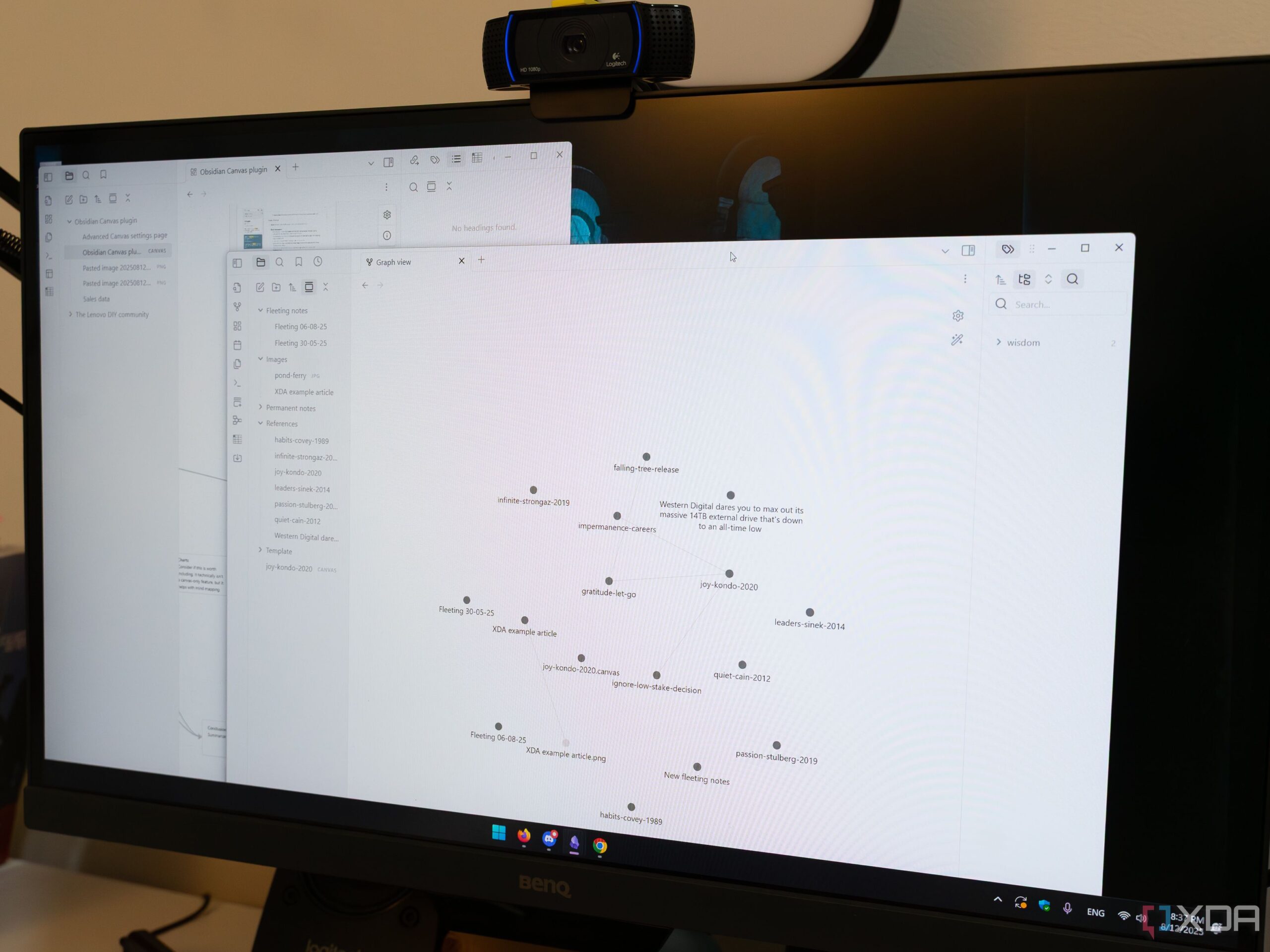UPDATE: A wave of innovative offline-first productivity tools has emerged, offering users a vital solution for document privacy and local storage. As of October 2023, these tools are becoming indispensable for researchers and professionals seeking to safeguard sensitive information without relying on cloud services.
In an age where data privacy is paramount, the latest tools enable users to conduct research, jot down notes, and create documents without the fear of unauthorized access. Many popular applications, such as Google Docs and Microsoft Office, now offer offline modes, but they still sync content to the cloud by default, leaving users vulnerable. The new tools prioritize local storage, ensuring that sensitive data remains secure.
Joplin, a free and open-source offline note-taking app, allows users to write and organize notes without an internet connection. It supports Markdown for advanced note-taking and is compatible across multiple platforms, including Windows, Linux, and macOS. Users can even self-host their data, enhancing control over their information.
Obsidian offers a powerful offline note-taking experience that connects notes in a flexible way. While it features optional paid sync with end-to-end encryption, it’s designed primarily for local use, allowing users to maintain privacy while boosting productivity.
Another noteworthy tool, Logseq, presents a unique knowledge management platform. Users can create tasks, journals, and notes in Markdown format, all while maintaining complete local control. Its hierarchical outlines and cross-platform compatibility make it an excellent choice for those prioritizing data privacy.
Don’t overlook LibreOffice, a comprehensive suite that rivals traditional office software. Unlike its cloud-based counterpart, LibreOffice stores documents locally, ensuring that your work remains private. It includes essential applications for word processing, spreadsheets, and presentations, available on macOS, Windows, and Linux.
Lastly, Anytype offers a modular approach to organizing research and notes, featuring customizable templates and databases. This tool is designed for users looking to replace all-in-one solutions like Notion while maintaining a focus on local storage. It is available across various platforms and allows for encrypted P2P sync, starting at $96 per year.
As data security becomes an increasing concern, these offline tools are gaining traction among users who prioritize privacy. They offer a practical response to the growing demand for secure document management solutions, allowing individuals and organizations to keep their ideas safe from prying eyes.
For anyone engaged in sensitive research or wanting to protect their intellectual property, these tools represent a significant shift in how we approach productivity. With the surge of interest in offline-first applications, expect to see more innovations aimed at enhancing privacy and user control in the digital workspace.
Stay tuned for the latest developments in offline productivity solutions and how they continue to reshape the way we manage our work!
